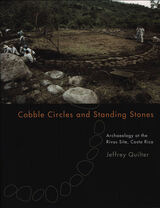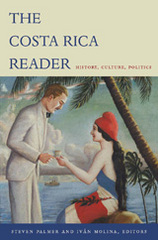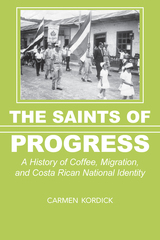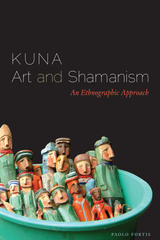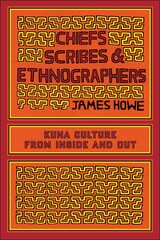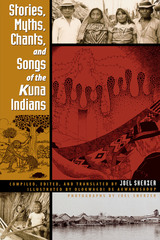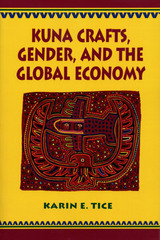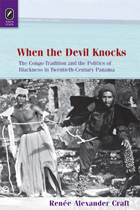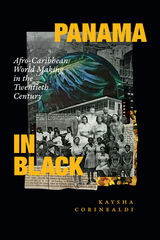Chiefs, Scribes, and Ethnographers: Kuna Culture from Inside and Out
University of Texas Press, 2009
eISBN: 978-0-292-77963-1 | Cloth: 978-0-292-72110-4 | Paper: 978-0-292-72571-3
Library of Congress Classification F1565.2.C8H688 2009
Dewey Decimal Classification 305.89783
eISBN: 978-0-292-77963-1 | Cloth: 978-0-292-72110-4 | Paper: 978-0-292-72571-3
Library of Congress Classification F1565.2.C8H688 2009
Dewey Decimal Classification 305.89783
ABOUT THIS BOOK | AUTHOR BIOGRAPHY | TOC
ABOUT THIS BOOK
The Kuna of Panama, today one of the best known indigenous peoples of Latin America, moved over the course of the twentieth century from orality and isolation towards literacy and an active engagement with the nation and the world. Recognizing the fascination their culture has held for many outsiders, Kuna intellectuals and villagers have collaborated actively with foreign anthropologists to counter anti-Indian prejudice with positive accounts of their people, thus becoming the agents as well as subjects of ethnography. One team of chiefs and secretaries, in particular, independently produced a series of historical and cultural texts, later published in Sweden, that today still constitute the foundation of Kuna ethnography. As a study of the political uses of literacy, of western representation and indigenous counter-representation, and of the ambivalent inter-cultural dialogue at the heart of ethnography, Chiefs, Scribes, and Ethnographers addresses key issues in contemporary anthropology. It is the story of an extended ethnographic encounter, one involving hundreds of active participants on both sides and continuing today.
See other books on: Cuna Indians | Indians in literature | Panama | Participant observation | Scribes
See other titles from University of Texas Press






